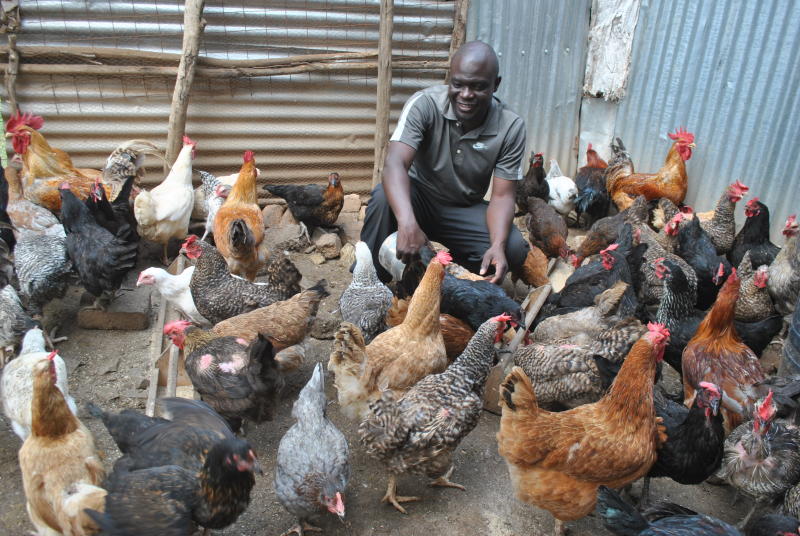×
The Standard e-Paper
Kenya’s Boldest Voice

With the increased demand of broiler chicken meat back in 2011, Peter Ndeche and two friends tried their luck at poultry farming.
Ndeche has a degree in agricultural engineering. His friends, Humphrey Otuko has a background in human resource management while Villear Omolo is an agricultural extension expert. The three were employees of Mumias Sugar Company.